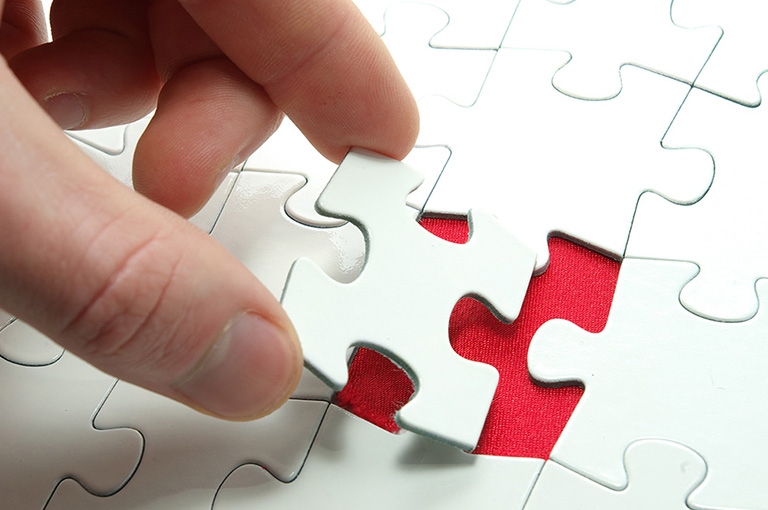John Hopkins Hospital tips on Covid-19 that can be applied in your dental office

Let's see some information and tips adopted by John Hopkins Hospital to understand what it is about and efficiently fight the coronavirus:
- The Virus is not a living organism, but a protein molecule (DNA) covered by a protective layer of lipid (fat), which, when absorbed by mucous cells (oral, nasal or ocular), alters the genetic code of these cells and converts them into aggressors and factories of more viral DNA.
- Since the virus is not a living organism, but a simple protein molecule, it cannot be killed, only decomposed.
The disintegration time depends on the temperature, humidity and type of material where the virus is.
- The virus is very fragile; the only thing that protects you is a very thin outer layer of fat. That is why any soap or detergent is the best medicine, since the soap foam absorbs the fat (That is why you need to rub your hands so much, for at least 20 seconds, to make enough foam). Upon dissolving the fat layer, the protein molecule disperses and fractures on its own.
- Heat melts fat; that's why it's so good to use warm water to wash your hands, clothes and everything, besides, hot water produces more foam and is more effective.
- Alcohol or any mixture that has more than 65% alcohol dissolves any fat, especially the outer lipid layer of the virus.
- Any mixture with 1 part bleach and 5 parts water dissolves the protein directly, breaking the molecule.
- Hydrogen peroxide also helps, but soap, alcohol or chlorine is better, because peroxide destroys protein molecules, but you need to use it pure and so it attacks the skin.
- No bactericide will do. The virus is not a living organism like bacteria. You cannot kill the lifeless with antibiotics, just disintegrate its structure with the methods mentioned.
- Never shake used or new cloth, sheets or clothing. When attached to a porous surface, the virus is very inert and disintegrates only after 3 (fabrics and porous materials) or 4 hours (copper and wood), 24 hours (paper and cardboard), 42 hours (other metals) and 72 hours ( plastic). So if you hit the dust or use a duster, the virus molecules will remain in the air for 3 hours and can lodge in your nose.
- The virus molecules remain very stable in cold air, whether natural or artificial, such as air conditioning in cars and homes. The humidity helps the stability of the virus as well as and especially the darkness. That way, dry, hot, dry and bright environments will make the virus degrade faster.
- Ultraviolet light on any contaminated object breaks the virus protein. For example, it is perfect for disinfecting and reusing a mask. Be careful as ultraviolet damages the skin's collagen (which is a protein) inducing wrinkles and eventually skin cancer.
- The virus cannot pass through healthy skin.
- Vinegar is not useful as it does not break the protective film of fat.
- No distillate will do. Distillates have 40% alcohol and you need at least a 65% concentration.
- The more confined the space, the greater the concentration of the virus. The more open and with natural ventilation the smaller it will be.
- This has been said until exhaustion, but you should wash your hands before and after touching your mucous membranes, food, keys, knobs, switches, remote control, cell phone, watches, computers etc. Also, when using the bathroom.
- You need to moisturize dry hands as much as wash them as the virus can lodge in the small fissures of the skin. The more viscous the moisturizer, the better.
- Also keep your nails cut to reduce the area where the virus is housed.
Source: ABIMO – Associação Brasileira da Indústria de Artigos e Equipamentos Médicos, Odontológicos, Hospitalares e de Laboratórios. Available at: https://abimo.org.br/noticias/19-dicas-do-john-hopkins-hospital-sobre-a-covid-19/. Access on: 06/17/2020.
